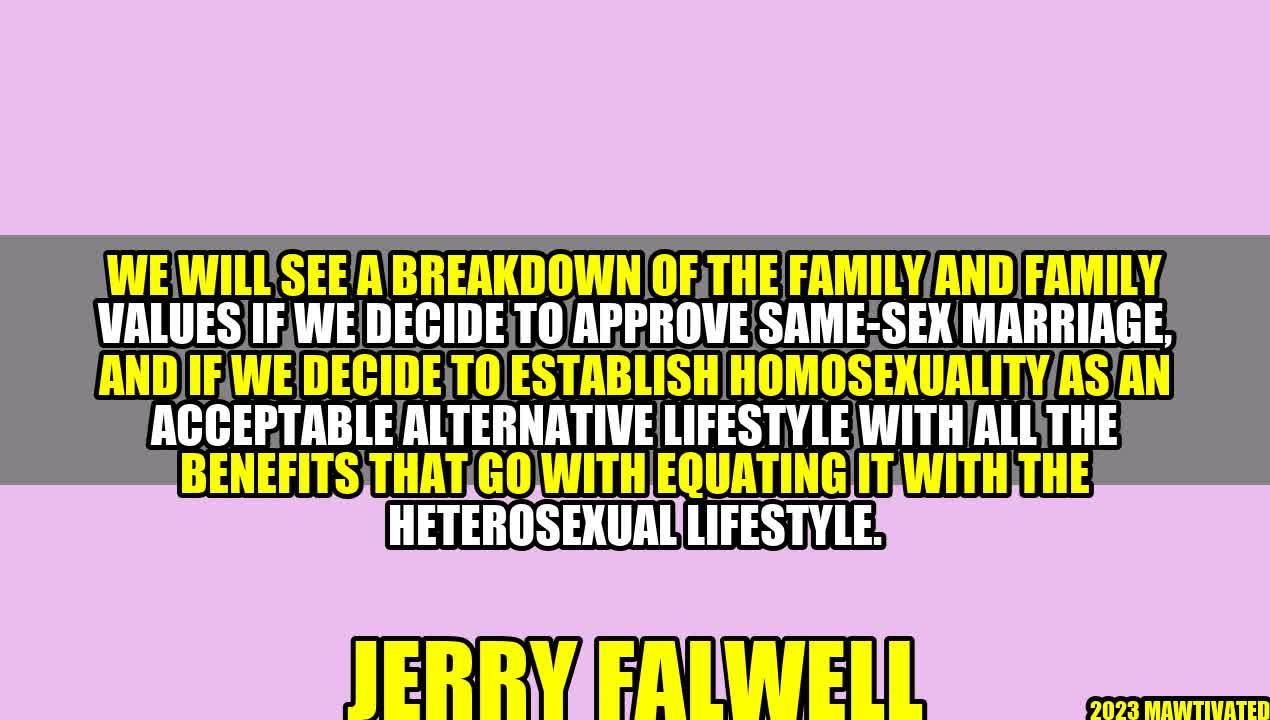The Courageous Love

Do you remember the time when you were first falling in love? With the butterflies in your stomach and each text or phone call filled with anticipation and excitement? For most of us, that feeling is indescribable. It was the same for Emily and Rebecca, a lovely couple who fell in love while studying law together. Emily describes their first date as “a perfect messed up evening; our conversations were easy, funny and engaging. As we walked to our cars, my mind was racing as though it was a dream. I’m certain I floated all the way home that night.”
Emily and Rebecca are an ordinary couple, who have found love in a world where love is not always permitted for everyone. However, their love and commitment to each other have improved their quality of life and brought meaning and stability into their home, just as it would do for anyone else in a healthy and loving relationship.
Despite the fact that Emily and Rebecca’s love is genuine, in some parts of the world, they are still considered unequal. Homosexual relationships, unlike heterosexual ones, are not always recognised, accepted, or granted the same rights and privileges. The negative attitude and discrimination towards same-sex couples have been a point of contention around the world for years.
The Notion of Family Values
Family values are the moral and ethical principles that govern and build strong family relationships. The concept of family values has many facets, which includes mutual respect, affection, trust, honesty, sacrifice, loyalty, and support within the family. Family values provide a framework for the formation of character and socialisation of children. It aims to instil a sense of belonging, security, and identity within the family. The family structure serves as the primary institution of socialisation and moral development, providing the necessary values and role models for children to learn the appropriate behaviour.
However, some argue that the traditional idea of family values is at risk due to the desire to challenge the status quo. Same-sex marriage is seen as an attack on the traditional family model, with arguments such as the breakdown of societal norms and values and the promotion of immoral behaviour. These arguments are largely unfounded, biased, and based on unfounded fears.
Same-Sex Marriage and Its Effects on Family Values
Same-sex marriage is the union between two persons of the same gender. The legalisation of same-sex marriage has been the subject of intense debate and controversy worldwide, with many countries banning or legalising it. Same-sex marriage advocates argue that it is a fundamental human right, while opponents claim that is a threat to the traditional, Christian family model.
The opposing argument to same-sex marriage is that it threatens the fabric of society. The world is changing rapidly, and the traditional family structure must be preserved. The breakdown of the traditional family model could lead to the crumbling of society. The proponents of same-sex marriage argue that individuals should be free to love and marry whoever they choose, and it has no bearing on heterosexual relationships.
“We will see a breakdown of the family and family values if we decide to approve same-sex marriage, and if we decide to establish homosexuality as an acceptable alternative lifestyle with all the benefits that go with equating it with the heterosexual lifestyle.” – Jerry Falwell
Such comments imply that marriage and love can only exist in the context of a heterosexual relationship. However, love is not something that can and should be defined by sexuality or gender. Homosexual relationships reflect the same basic human needs and desires as heterosexual relationships. The right to love and marry someone is a right that belongs to all individuals, regardless of sexual orientation.
Examples of Same-sex Couples and Family Values
In countries where same-sex marriage is legal, there are stories of same-sex couples living ordinary lives, raising children, and building strong family relationships. For example, in Canada, where same-sex marriage has been legal since 2005, a 2013 study found that gay and lesbian parents were just as committed to their families and just as successful in raising well-adjusted children as their heterosexual counterparts. The study also found that same-sex parents often relied on their extended family and social networks to support and supplement their parenting. The study concluded that family matters a great deal for same-sex families, just as it does for heterosexual families.
Another example is that of Andrew and Owen, a gay couple who have been together for 16 years and have two children together. They describe their journey to fatherhood as uncertain and challenging, but ultimately rewarding. Andrew notes, “I’m more proud of our family than anything we’ve ever done in our professional or personal lives. Every single moment we have as a family is a precious moment.”
These examples illustrate how same-sex couples can have the same values and aspirations as heterosexual ones. Family values are not defined by sexual orientation but are founded on love, respect, and commitment.
Conclusion
- Love is one of the purest and most innate human expressions, which transcends gender and sexuality.
- The traditional family model is not the only legitimate family model – families come in many shapes and sizes.
- The legalisation of same-sex marriage is a necessary step in the fight for equality and human rights.
The fundamental family values based on love, respect, and commitment can be realised in same-sex relationships, just as they are realised in heterosexual relationships. Love and family belong to everyone. Individuals should have the freedom to choose who they love and who they marry. Love is the foundation of strong and healthy families and societies, not sexuality.

Curated by Team Akash.Mittal.Blog
Share on Twitter
Share on LinkedIn